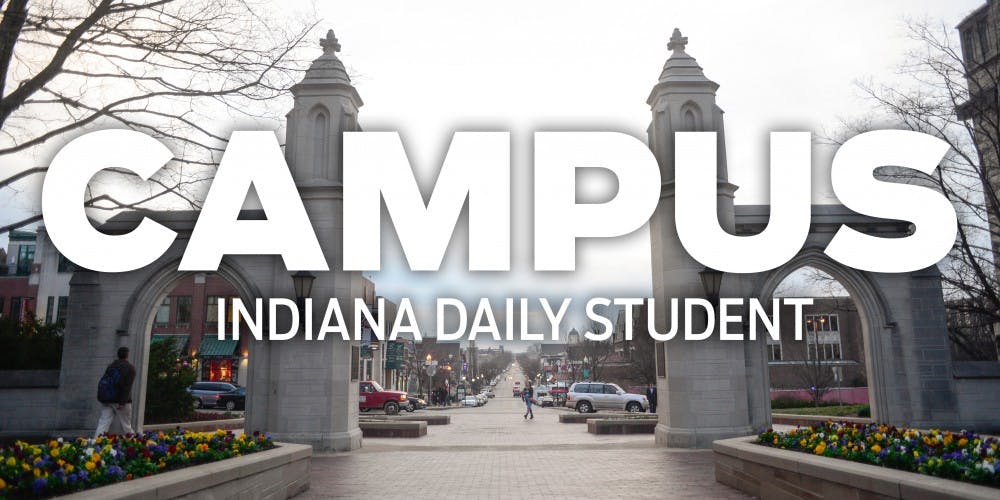Junior Gabriella Benko has started a peer-mentoring service with fellow undergraduate researcher Reyan Coskun. The mission of the service is to introduce, encourage and help students get involved with undergraduate research.
Benko said it’s important for undergraduates to get involved in research to apply the techniques and processes students learn in class. She said that connection is incredibly valuable.
“The buildings here are not just full of classrooms but also laboratories where professor are doing research,” Benko said. “Undergraduate students don’t always realize that.”
Another reason for undergraduates to participate in research is to better their career prospects, Benko said.
Research may not be a requirement for medical school, but it can be beneficial for understanding the background of many medical practices, she said. Doing undergraduate research is also important when a student is planning on applying to graduate school, Benko said.
“Grad school is spent researching a very narrow topic for five or six years,” Benko said. “If you’ve never researched before, and you spend four years getting your undergraduate degree and discover you don’t like research, you’re in a really tough spot."
Benko, who studies biology, is one of many students who spends her time working in laboratories helping professors with research. She works in the Innes Lab, a biology laboratory that focuses on plant molecular biology. The lab specifically focuses on the immune systems of plants.
Benko said she works specifically with a previously unexplored KEG protein.
“I really like feeling like I’m part of something large and very progressive,” Benko said. “I get to work on things that have never been explored before.”
Benko said she started working at the Innes Lab after becoming a Science Technology and Research Scholar when she came to IU. The STARS program put her straight into a lab by setting up interviews with faculty members.
Junior Visali Ratakonda said she discovered the lab she works at by going through a list of labs on the psychology department's website.
Ratakonda works at the Hetrick Lab, which focuses on clinical and cognitive neuroscience.
“I wanted to get research experience,” Ratakonda said. “I wanted to see how they ran experiments at a collegiate level.”
Ratakonda said she likes seeing the process and many pieces of an experiment.
“There are a lot of applicable skills for a science background, skills such as research and people skills like when you have to talk to a potential experimental candidate over the phone,” Ratakonda said.
Ratakonda said she works with graduate students on cerebral fluency, specifically what role the cerebellum plays in schizophrenia. She said she is working with healthy control participants.
Ratakonda said she has learned how research can be used to help people.
Benko said she has learned to solve problems better and think on her feet because science doesn’t normally work out the way experimenters plan.
Benko said she wants to encourage students to look at the research their professors are doing and reach out to them.
“It can be hard reaching out to professors with no experience whatsoever and asking them to hire you,” Benko said. “But, if you show sincere interest in the topic that they are researching, professors are usually very interested to at least meet with you and opening the door to that.”
Benko said she was very fortunate to have started working in a lab early, giving her over two years of research experience as a junior.
Benko said her lab experience has helped her get scholarships and competitive internships.




